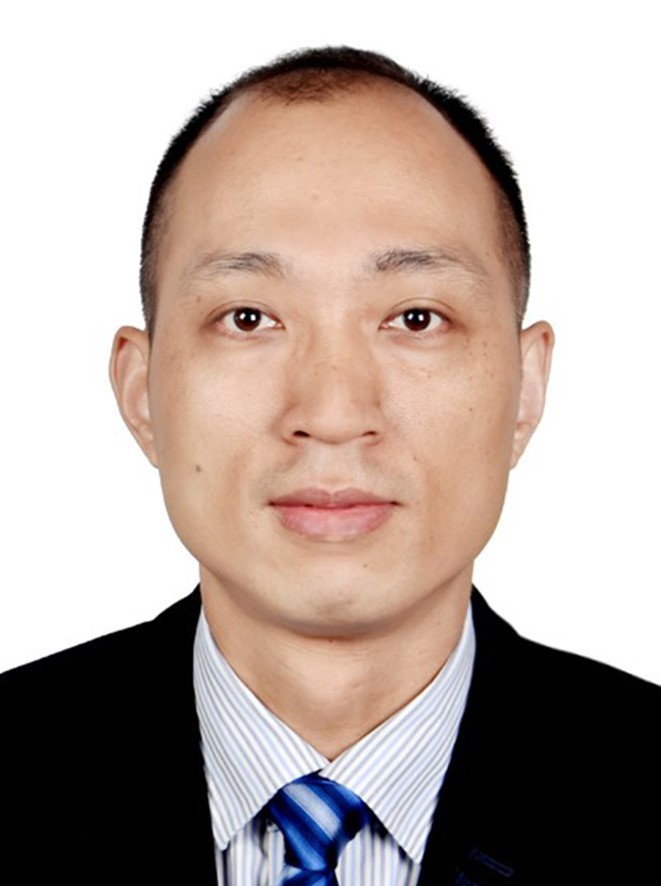
Vortragsankündigung Prof. Haiming Wang, Southeast University, China
- Date: 12.07.2024
-
Talk by Prof. Haiming Wang, Southeast University, China
Friday, July 12th, 2024, 10:00 a.m. – 11:00 a.m., NTI lecture hall (Geb. 30.10)
Highly Efficient Synthesis of On-Chip T-Coils and Its Application to ESD Protection Circuits
Since the data rates in advanced chips dramatically increase, the electrostatic-discharge (ESD) protection circuit at I/O ports causes significant ultrawideband challenges. To address these challenges, an arbitrarily tapped coil (AT-coil) structure with multitaps that enhance bandwidths is proposed; moreover, this structure can also fit into any rectangular layout area to save footprint. A microwave network-assisted analysis approach, which can better consider the nonideal factors in practical applications and thus converge to a better solution than traditional methods, is proposed with regard to the AT-coil. Further, machine learning-assisted optimization (MLAO) is introduced for the designing of AT-coil layouts for the first time, and prior human knowledge of high-speed circuits is maximally utilized to speed up MLAO processes. Thus, the converging stability is significantly improved to escape from a local optimum. Additionally, an automatic synthesis example for an on-chip spiral AT-coil proves the capability. Numerical results show that the proposed approach can achieve the best high-frequency performance and guarantee ESD protective robustness.
Haiming Wang was born in 1975. He received the B.S., M.S., and Ph.D. degrees in electrical engineering from Southeast University, Nanjing, China, in 1999, 2002, and 2009, respectively. He joined the School of Information Science and Engineering and the State Key Laboratory of Millimeter Waves, Southeast University, Nanjing, China, in 2002, and is currently a Distinguished Professor. He has authored and co-authored over 50 technical publications in IEEE TRANSACTIONS ON ANTENNAS AND PROPAGATION and other peer-reviewed academic journals. Prof. Wang has authored and co-authored more than 80 patents and 55 patents have been granted. He was awarded twice for contributing to the development of IEEE 802.11aj by the IEEE Standards Association in 2018 and 2020. His current research interests include AI-powered antenna and radiofrequency technologies (iART), AI-powered channel measurement and modeling technologies (iCHAMM), and AI-powered integrated communications, sensing, and positioning technologies (iCASP).

